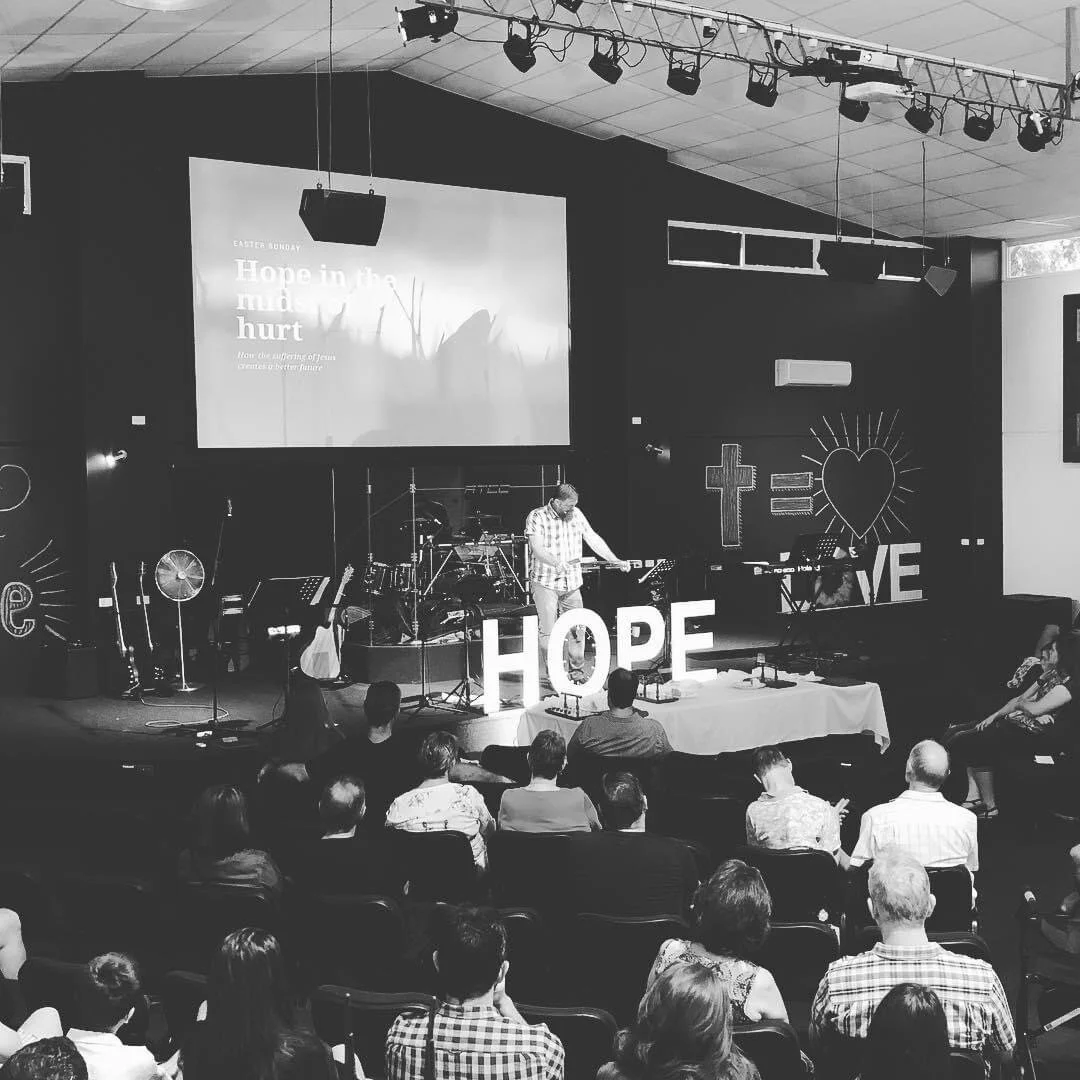'Brother' Is More Than A Title
The subject of reconciliation runs deeper and wider than the current debate that orbits around racial tensions within the church, or even wider society. That is not to say that it doesn’t relate to racial reconciliation, it does, but it flows ever outward in far more expansive streams than that. In Christ, reconciliation sits at the very heart of why I may meet a fellow Christian on a plane, or sitting in a cafe, and though they are a stranger in every sense of the word, I will leave that brief meeting with a warm heart and genuine joy at meeting a ‘brother’ or ‘sister’ in Christ.
I grew up in a church tradition where it was common to refer to each other as ‘Brother Gordon’, or ‘Sister Margaret’ (if, of course, your name happened to be ‘Gordon’ or ‘Margaret’), and for many years I assumed it was just a quirk of our somewhat odd traditions. But I was wrong. Though I was aware of the family analogy the Bible uses to describe Christians, I had never fully considered the implications of what it means to be ‘one in Christ Jesus’. ‘Brother’ or ‘Sister’ is more than a title, it is a declaration of partnership in the grace of God. We are not only co-heirs with Christ individually (Romans 8:17), but we mutually enjoy the experience of being fellow heirs with Christ. Or as Paul rejoices in, as he opens his letter to the Philippians, “you are all partakers with me of grace” (Phil 1:7). So even as he later rejoices over their renewed concern of him, and even despite his announcement of contentment in both lack and plenty, Paul enjoys the partnership of mutual investment as the Philippian church shares in his trouble (Phil 4:14).
But now in Christ Jesus you who once were far off have been brought near by the blood of Christ. For he himself is our peace, who has made us both one and has broken down in his flesh the dividing wall of hostility by abolishing the law of commandments expressed in ordinances, that he might create in himself one new man in place of the two, so making peace, and might reconcile us both to God in one body through the cross, thereby killing the hostility. (Ephesians 2:13-16 ESV)
Yes, this matters greatly as I consider the implications of racial harmony in the body of Christ, but it also impacts how I live my life in relation to any member of God’s family. The fact that you truly have brothers and sisters in Christ makes a difference in how you approach engagement with your local church, it makes a difference how you engage with fellow believers online (especially when you may disagree with them), and it makes a difference to how you think of your ‘own’ possessions, time, and energy.
I was recently struck by this reality as I prepared to preach through the book of Revelation. Consider John’s attitude to those who would receive this letter:
I, John, your brother and partner in the tribulation and the kingdom and the patient endurance that are in Jesus, was on the island called Patmos on account of the word of God and the testimony of Jesus. (Revelation 1:9 ESV)
John, though in exile, though separated by distance and tide, declares his partnership with his readers—a brother and partner in tribulation, in the kingdom, and even in patiently enduring.
What would happen in your church, or in mine, if we truly overtook the superficial nod to family we often hold, and actually embraced what it means to be brothers and sisters in Christ? What miracles may unfold in our churches, and maybe even in our neighbourhoods, if we were to contend with, not each other, but the fierce embrace of our partnership in the gospel of grace?
By this we know love, that he laid down his life for us, and we ought to lay down our lives for the brothers. But if anyone has the world’s goods and sees his brother in need, yet closes his heart against him, how does God’s love abide in him? Little children, let us not love in word or talk but in deed and in truth. (1 John 3:16-18 ESV)





